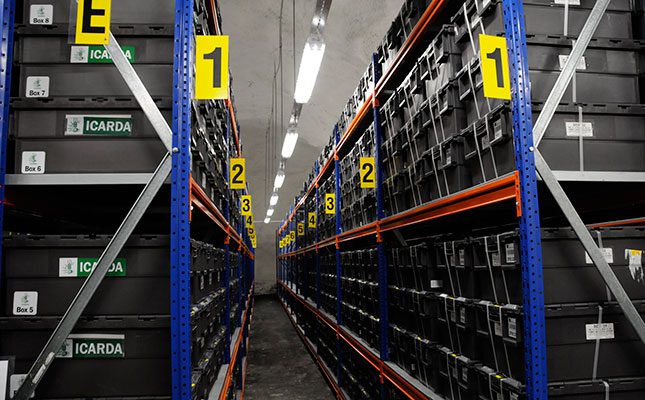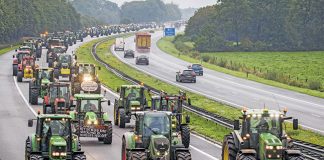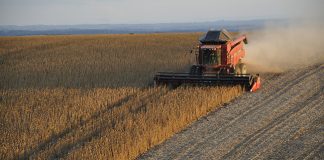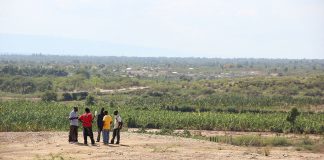
Photo: Mari Tefre/Global Crop Diversity Trust
The vault was built to protect the world’s food stocks from disasters such as nuclear war and global warming, and 19 500 new samples of rare seed varieties from around the globe were recently added to the collection of more than 1,2 million existing samples.
According to Reuters, the vault located “in permafrost caves on an arctic mountainside halfway between mainland Europe and the North Pole”, went into operation in 2008.
The purpose of the vault was to serve as a backup for national and regional gene banks from across the world, and the genetic code for thousands of plant species were being stored there.
Between 2015 and 2019, the vault played an invaluable part in rebuilding seed collections damaged during the war in Syria, as it contained seed samples from nearly every country in the world, the report said.
“The whole of humanity relies on the genetic diversity of crops maintained in the world’s gene banks, and the seed vault is the last line of defence against the loss of that diversity,” said Sandra Borch, Norway’s minister of agriculture and food.
On Tuesday, 28 February, the public was able to ‘visit’ the vault for the first time, when it opened its doors in a virtual tour of the subterranean seed chambers.
The seed samples were also serving as a backup for plant breeders to develop new crop varieties that would be more resistant to climate change.
Kept at a constant temperature of -18˚C, the chambers were only opened three times a year to limit the seeds’ exposure to the outside world.
Stefan Schmitz, executive director of the Crop Trust, an international non-profit organisaton operating the vault in conjunction with the Norwegian authorities, told Reuters that the virtual tour, as well as the seed deposits from about 20 gene banks, were planned to mark the facility’s 15th anniversary.
“In a world where the climate crisis, biodiversity loss, natural catastrophes and conflicts increasingly destabilise our food systems, it has never been more important to prioritise safeguarding these tiny seeds,” he said.












